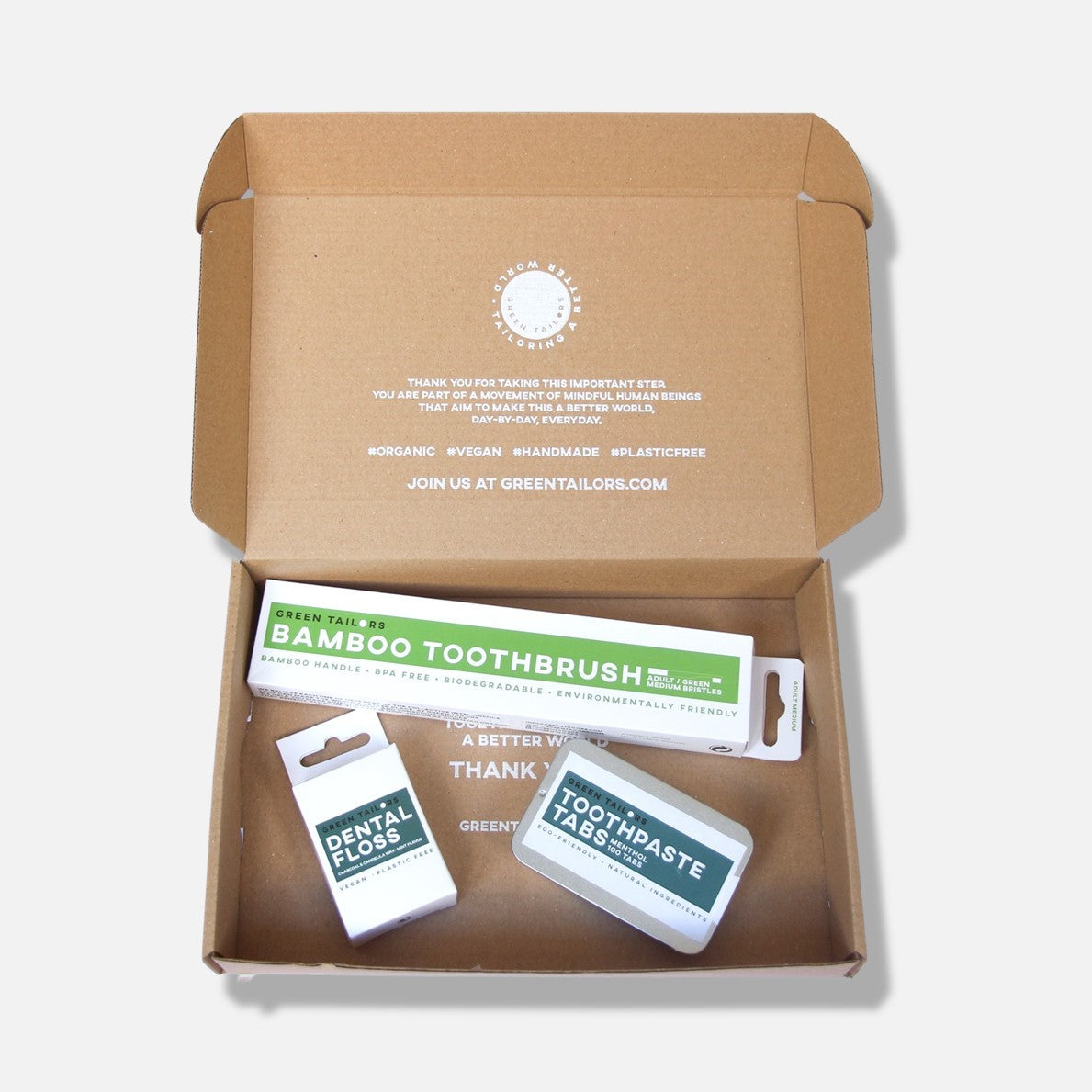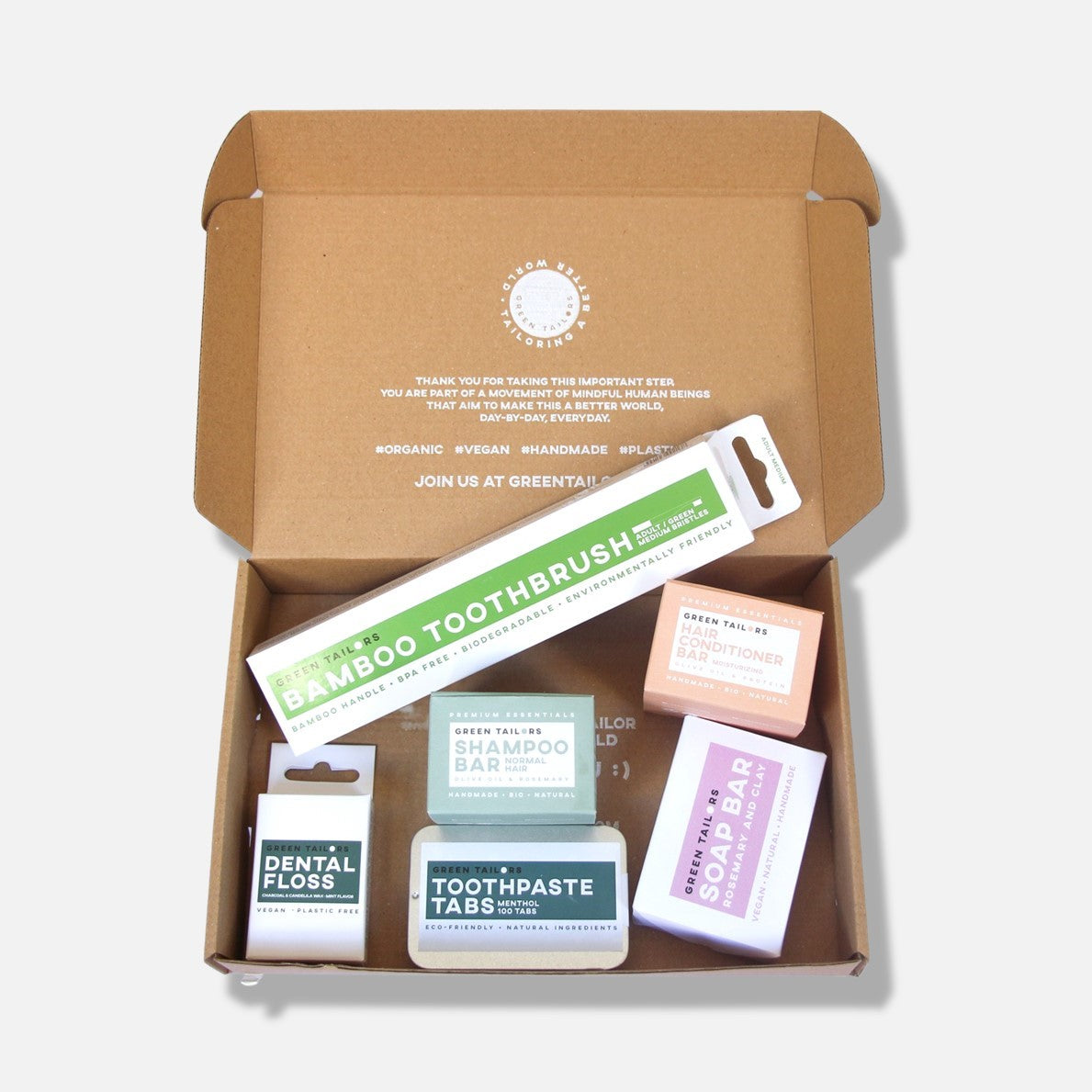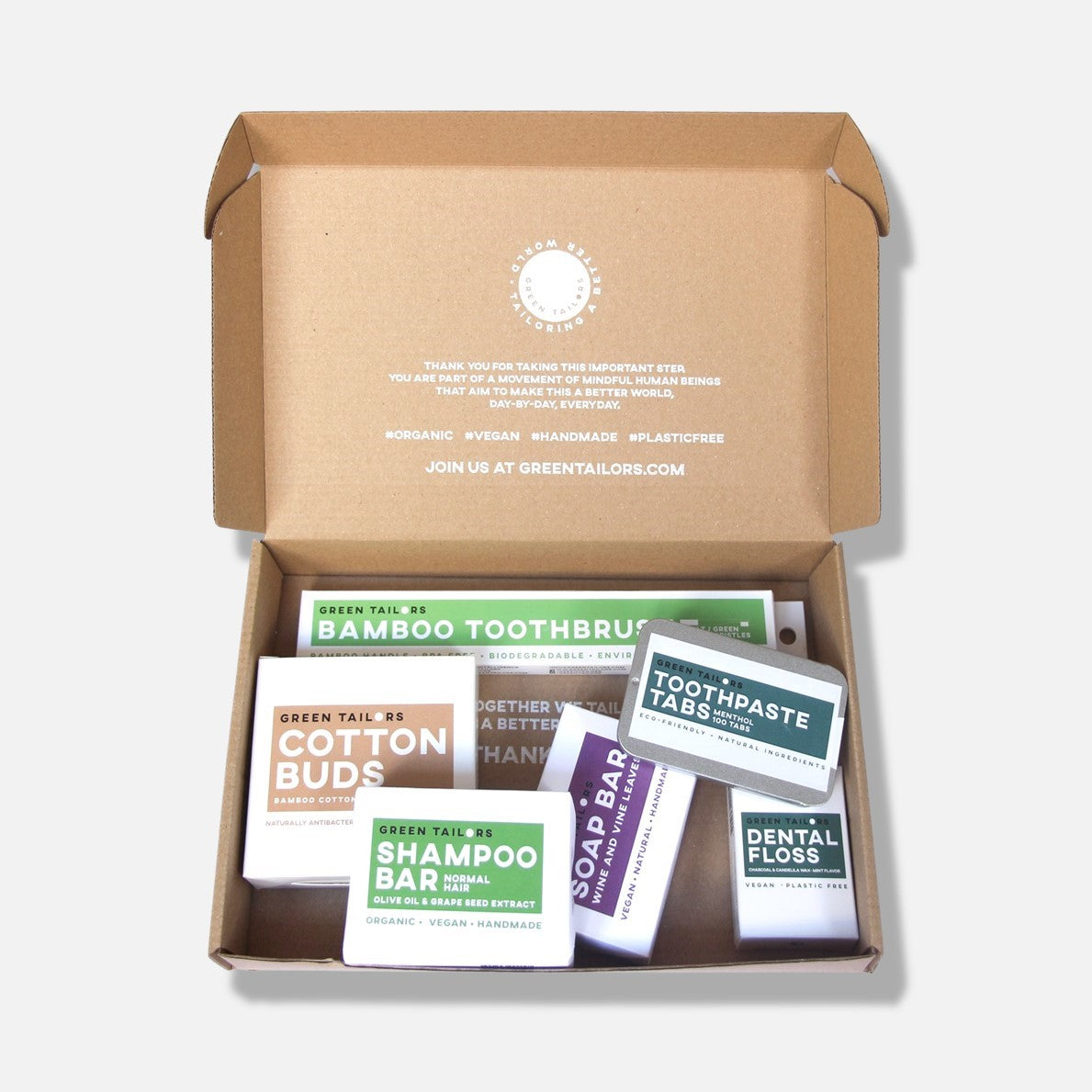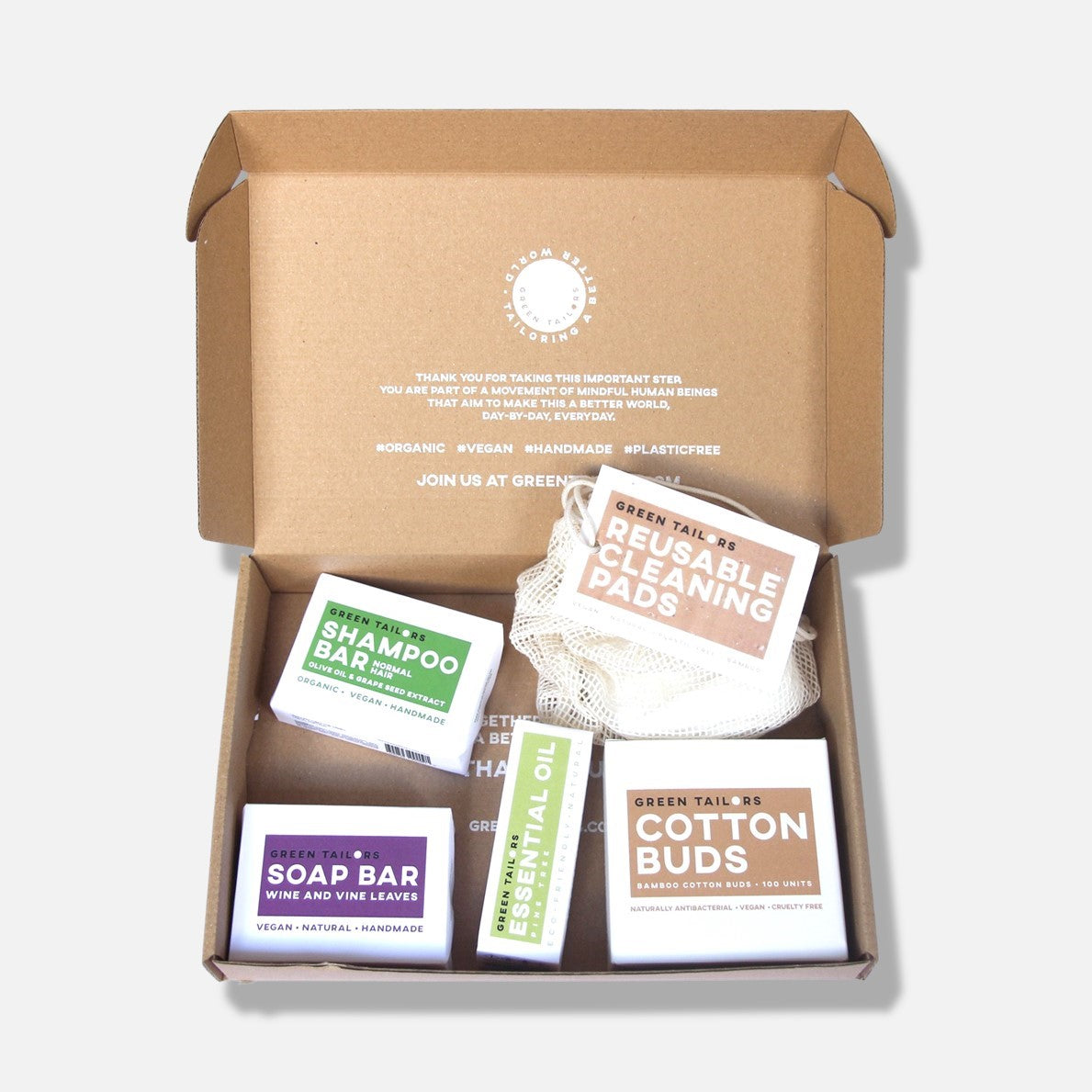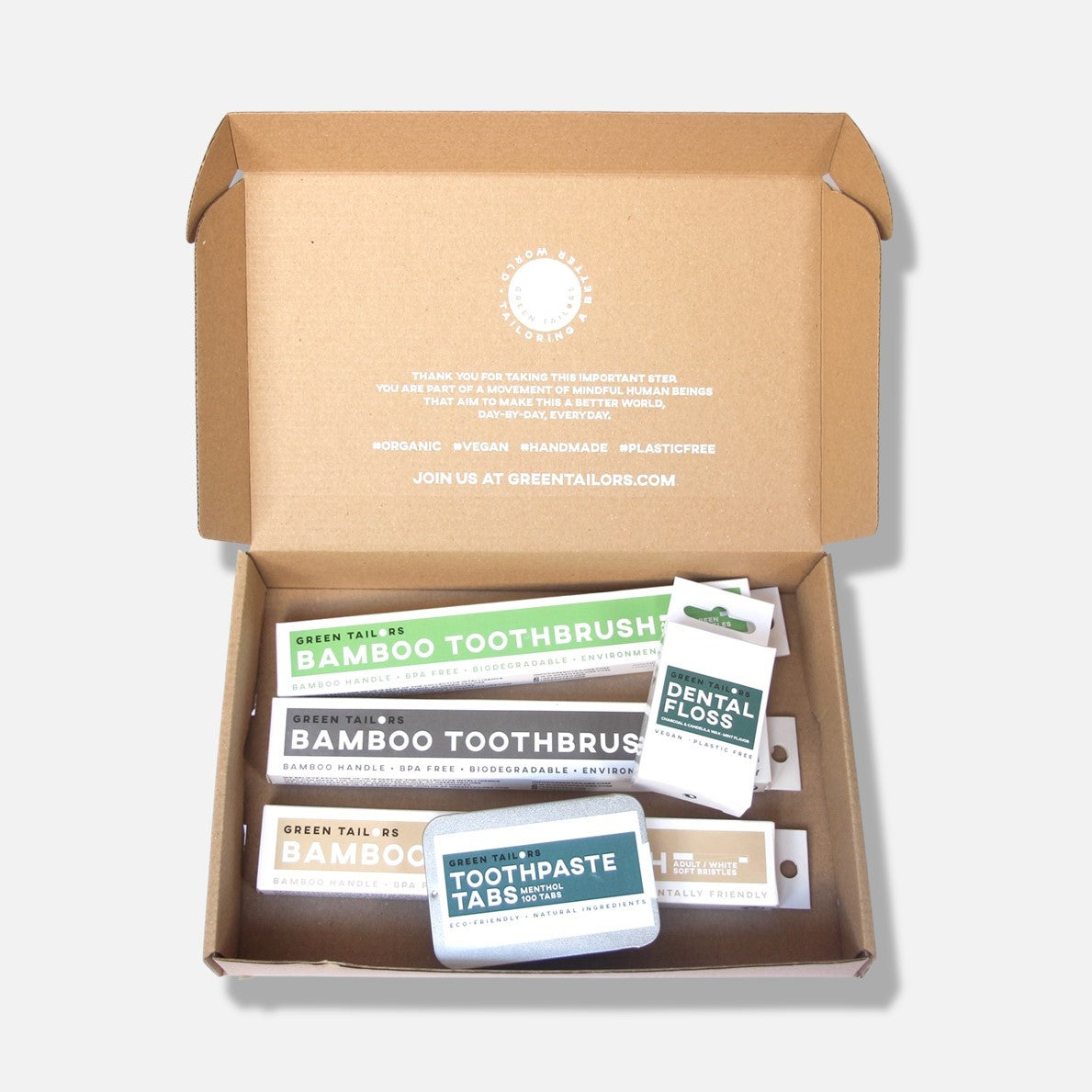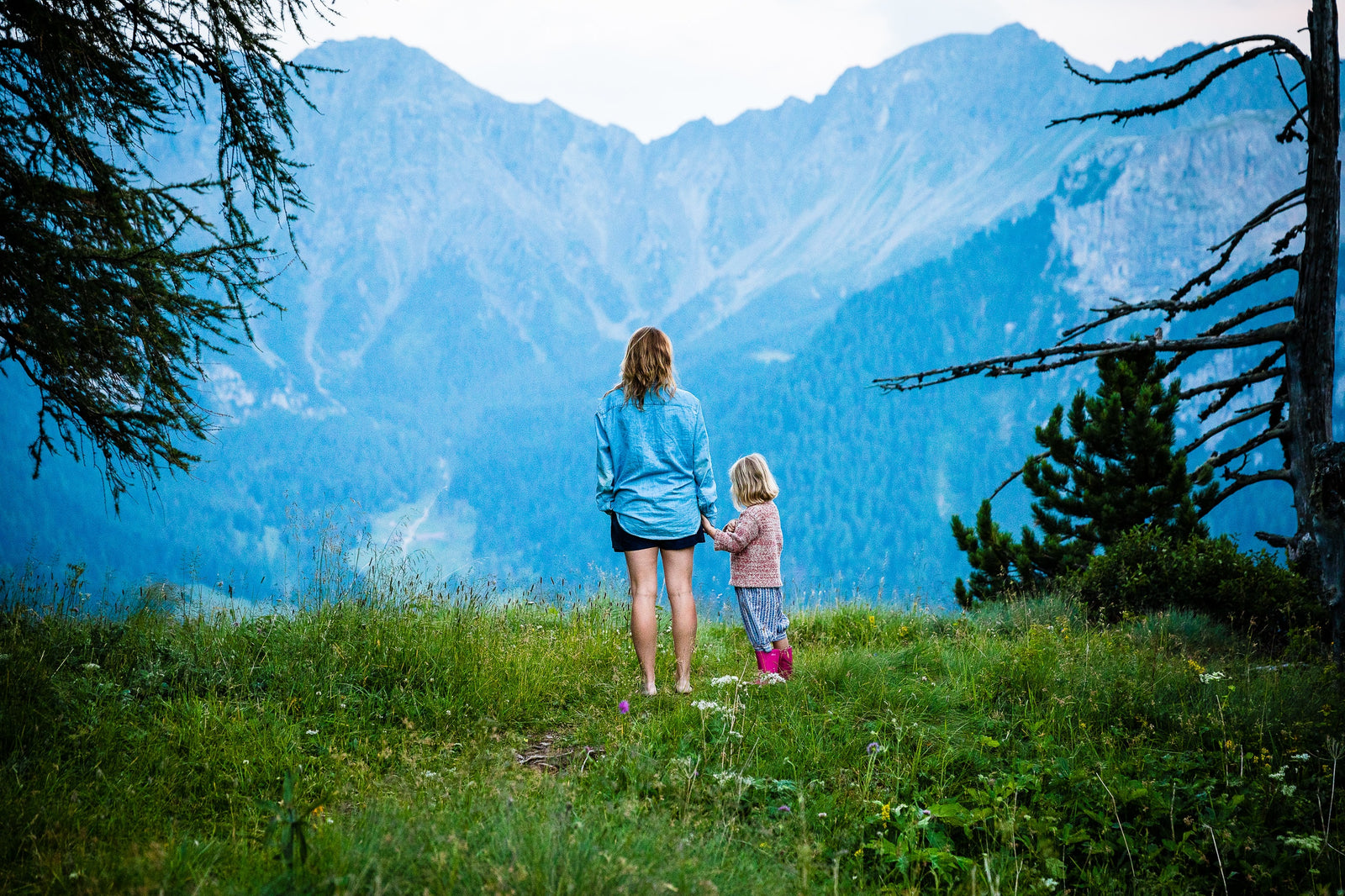When family and friends are sceptical, it can be difficult to talk about sustainable lifestyles like eco-living. Learn how to talk about it and inspire others.
Eco-living describes a lifestyle whose purpose is to reduce the use of the Earth’s natural resources, and live without causing environmental distress to the planet, to its animals, and to other people. People who live by eco-living generally live their lives trying to reduce their ecological footprint, while enjoying everything nature gives them without waste. Zero-waste, plastic-free, biodegradable, organic, cruelty free, vegan, plant-based, or natural are just some of the terms frequently associated with eco-living.
Let’s talk about eco-living, and how to spread the word and inspire friends and family.
10 Sustainable Lifestyle Tips for Families
- Conserve energy. Teach your children to turn off lights and electronics when not in use. Make it a habit to use natural light in your home as often as possible. You can also conserve energy by wearing extra clothing layers before you turn the heat on.
- Purchase a travel water bottle. Invest in reusable drink containers instead of buying plastic water bottles that will end up in landfills. When you purchase coffee, use your own refillable mug.
-
Reduce your carbon footprint. Vehicle emissions cause major damage to the environment. Therefore, look for opportunities to walk or bike when possible. When you do need a vehicle, carpool.
- Grow your own food. Creating a family garden will be well worth it. Not only will you have fun, but your children will also learn the value of growing their own food. When shopping for groceries, buy local food to support your local farming community and avoid shipping.
- Eliminate unnecessary mail. Instead of accumulating millions of waste for no reason, eliminate junk mail and opt for electronic billing.
- Upgrade your lights. If you have not already upgraded your home with LED lights, the time is now. LED lights use less energy, which means they demand less from power plants. Hence, they are better for the environment.
- Conserve water. Talk to your children about the importance of conserving water and make it part of your family’s lifestyle. For instance, teach them not to waste water by turning the water off while they brush their teeth or by taking shorter showers. Turn it into a family competition to see who can take the fastest shower.
- Avoid disposable, single-use items. When you shop, avoid making the easy, convenient choice at the moment, which will have longer-lasting impacts on the environment. For instance, avoid plastic bags and take your own reusable bags. Additionally, avoid purchasing items that are designed for single-use only, such as fruit snacks and juice boxes. Instead, buy in bulk and use your own reusable containers.
- Shop for clothes responsibly. As a family, choose to purchase durable clothing from sustainable sources.Or, choose to shop at second-hand stores.
- Recycle as a family. Make recycling a family habit. Set up a family recycling station in your home and teach your children how to identify recycling symbols. Starting to compost will help your kids learn about plants and biology as a plus.

